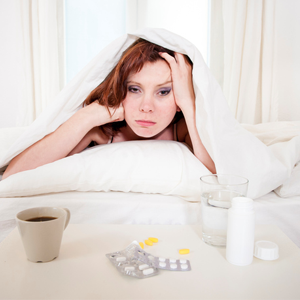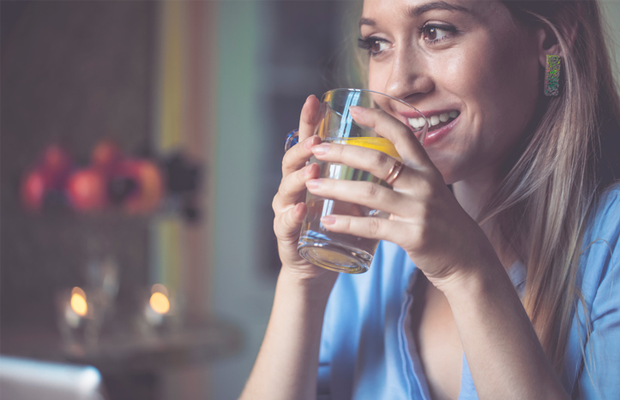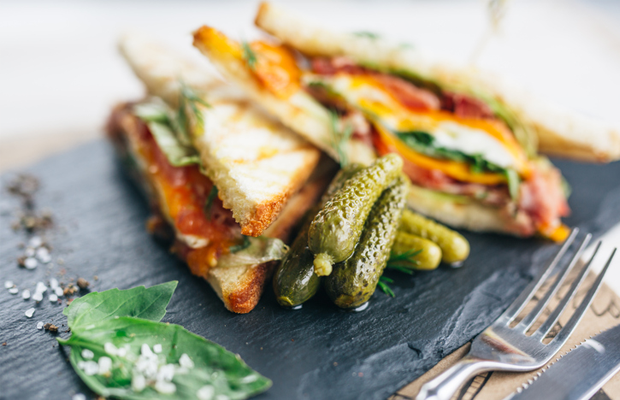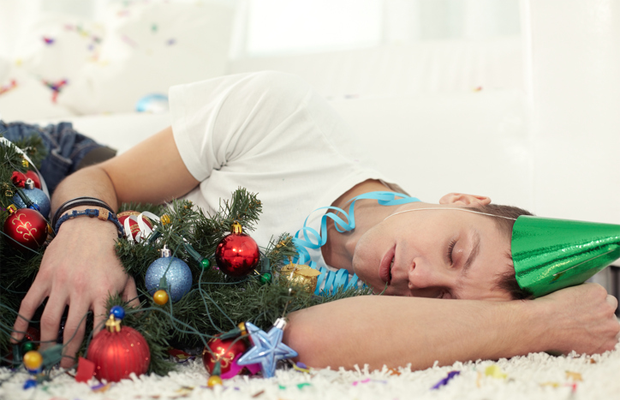
It’s the end of the year and the start of all the festivities, which usually means you’ll overindulge and wake up on the wrong side of a hangover.
But, there is some good news – you can avoid waking up hungover.
1. Hydrate, hydrate, hydrate
A hangover is often caused by the diuretic effect alcohol has on your body, which means it increases your body’s production of urine. If you don’t replace the fluids you are losing, you will wake up dehydrated.
Prof James C Garbutt, of the University of North Carolina at Chapel Hill School of Medicine, NC, told Medical News Today that when you finish an alcoholic drink, have a glass of water before the next round. The water helps dilute the concentration of alcohol in your blood and helps prevent dehydration.
Make sure the last thing you drink before you go to bed is water.

2. Cut down on sugar
We’re talking about both sugary drinks and food. Dr Carolyn Dean, Medical Advisory Board Member of the Nutritional Magnesium Association, told Medical Daily in an email, “I will avoid sugar and desserts as much as possible because sugar taxes the adrenal glands and the immune system. When adrenal function is impaired or weak, a person may suffer from low blood sugar, low blood pressure, low body temperature and fatigue/exhaustion.”
3. Take your vitamins
Vitamins can help ensure your body retains the water you consume. Add supplements that contain magnesium, milk thistle, vitamins B and C to your daily regime.
“Alcohol depletes a broad range of vitamins, amino acids, fatty acids, enzymes, proteins and minerals from your body. The kingpin to this depletion is magnesium, which is the anti-stress mineral that most people are deficient in. This mineral regulates 600-700 enzyme actions in the body,” Dr Dean said.
“Nutritional magnesium prevents platelet aggregation, which helps to avoid the thickened blood and tiny clots that can cause blood vessel spasms and the pain of a tension headache or hangover and can lessen the damage to the brain.”
4. Eat something substantial
If your stomach is empty when you start drinking, your body will absorb the alcohol far quicker. It’s a good idea to fill up on a meal packed with carbs, protein and fat.
According to Prof Garbutt, “Eating food is an important element in reducing drinking and reducing the risk of intoxication. Eat a meal before you take your first sip of alcohol, and continue to take in food as the night wears on."
And don’t wait – if you only start to eat when you begin to feel tipsy, the food will have no effect on preventing a hangover.

5. Check the colour
Avoid mixing your drinks and stick to one drink for the night is the usual advice. But, it's also important to check the colour of your liquor.
According Harvard Health Publishing, research has shown that clear liquors (vodka or gin) tend to cause hangovers less often than darker liquors (whiskey or red wine).
The reason? Although the main form of alcohol is ethanol, darker liquors contain congeners (chemically related compounds), such as methanol.
Dr Robert Swift, a researcher at the Providence Veterans Affairs Medical Center in Rhode Island who coauthored paper on hangovers in 1998, says that although the same enzymes process ethanol and methanol, methanol metabolites are toxic so they may actually make your hangover worse.
Oops, you woke up hung over…
Perhaps the festivities got away from you and you forgot to follow these tips. There are few things you can do to ease your hangover.

Take two ibuprofen before you go to bed and two more when you wake up to help ease your pounding headache. But avoid swallowing aspirin – alcohol can worsen gastritis (inflammation of the stomach lining), while aspirin can increase your risk of gastric erosion and bleeding.
"Put the two together and there might be increased risk of gastrointestinal bleeding," Prof Garbutt says.
Prof Garbutt also says you need to rehydrate. He suggests a sports drink – it will help you rehydrate while replacing salt and electrolytes you’ve lost through all the peeing.
Image credits: iStock




 Publications
Publications
 Partners
Partners











